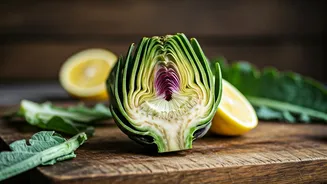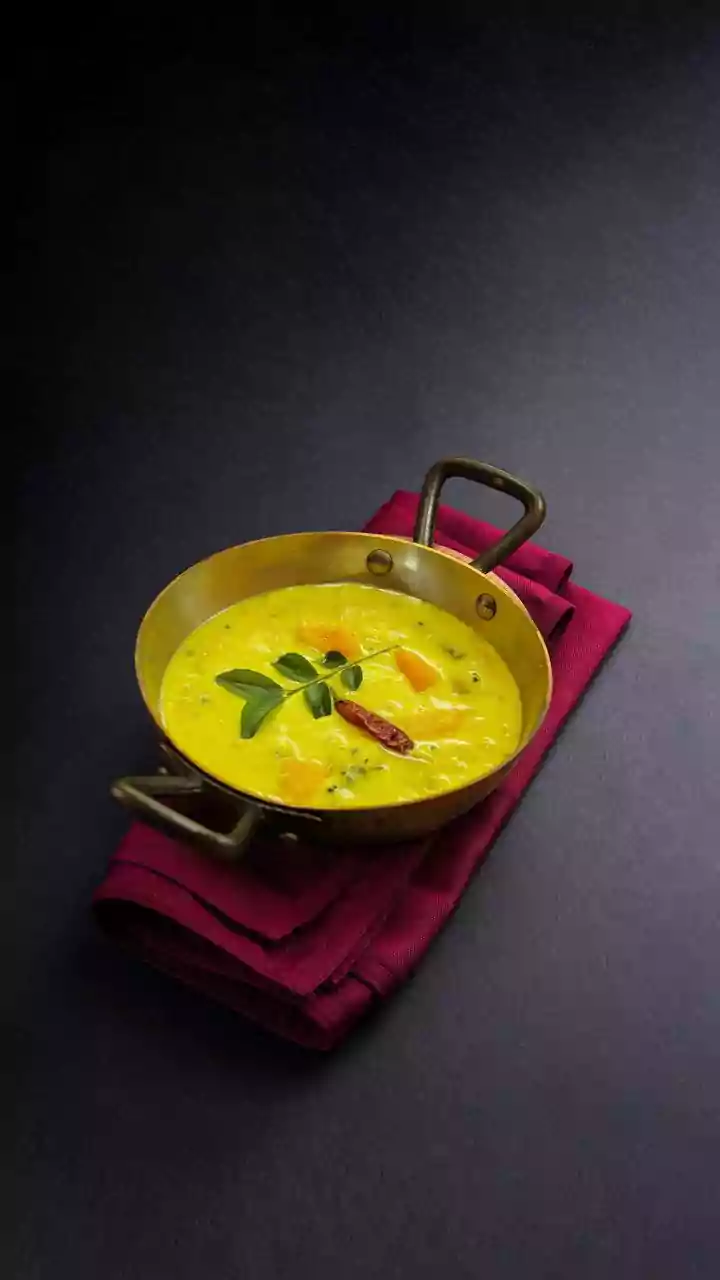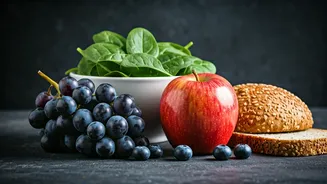Food #1: Fatty Fish
Fatty fish, such as salmon, mackerel, trout, and sardines, are excellent sources of omega-3 fatty acids. These essential nutrients possess potent anti-inflammatory
properties, offering significant advantages for liver health. The liver, prone to inflammation in cases of conditions such as non-alcoholic fatty liver disease (NAFLD), finds relief through the consumption of omega-3-rich fish. Regular intake can help reduce liver fat, mitigate inflammation, and boost liver enzyme levels, contributing to improved overall liver function. For optimal results, aim to incorporate fatty fish into your diet at least twice a week. Whether grilled, baked, or even enjoyed in a flavorful curry, these delicious options provide a simple yet impactful way to enhance liver health. Remember, consistency is key when it comes to reaping these benefits; make a conscious effort to include fatty fish as part of your balanced diet for long-term health advantages.
Food #2: Organ Meats
Beef liver, along with other organ meats, is a nutritional powerhouse when it comes to supporting liver function. Packed with essential nutrients like iron, B vitamins, and choline, organ meats offer direct benefits to liver health. Choline, in particular, is crucial for maintaining liver cell integrity and preventing fat buildup, which is a major contributor to conditions like fatty liver disease. Furthermore, the high iron content can assist in managing iron deficiencies, a factor that can sometimes be related to liver conditions. While the thought of eating organ meats may not be appealing to everyone, they can be prepared in various delicious ways, from liver pâtés to sautéed dishes, making them a versatile addition to your diet. Given their nutrient density, including a small portion of organ meats in your weekly meals can have a significant positive impact on your liver's health and vitality, offering a natural and effective way to nourish and protect this vital organ.
Food #3: UV-Exposed Mushrooms
UV-exposed mushrooms provide a unique pathway to supporting liver health. These mushrooms, exposed to ultraviolet light, are rich in vitamin D, a nutrient increasingly recognized for its role in overall wellness, including liver function. Vitamin D deficiency has been linked to various liver diseases, making the inclusion of vitamin D-rich foods especially important. The liver, through its numerous metabolic functions, can benefit from the enhanced availability of vitamin D, which helps regulate inflammation and reduce the risk of liver damage. Consuming UV-exposed mushrooms, which can include varieties like shiitake and portobello, provides a readily available source of this essential vitamin. Consider incorporating these mushrooms into your salads, stir-fries, or side dishes. By choosing UV-exposed mushrooms, you can support your liver and boost your intake of a vital nutrient.
Food #4: Fortified Foods
Fortified foods, such as fortified plant-based milks, orange juice, and cereals, play a pivotal role in maintaining liver health by providing critical nutrients in an easily accessible manner. Many of these foods are enriched with essential vitamins and minerals, including vitamin D, which supports overall liver function. For instance, vitamin D deficiency has been linked to numerous liver disorders, which underscores the significance of including fortified options in one's daily diet. Furthermore, some fortified foods may also contain antioxidants and other beneficial compounds that can help protect the liver from damage caused by free radicals. This can be particularly beneficial in supporting liver health. Including fortified products can greatly improve your nutritional intake and help optimize liver performance, ensuring you maintain a healthy liver.
Food #5: Pomegranate Juice
Pomegranate seed juice provides potent liver-protective benefits due to its high concentration of antioxidants. These antioxidants fight oxidative stress, a significant contributor to liver damage. Chronic oxidative stress can lead to inflammation and impair liver function, making the inclusion of antioxidant-rich foods essential. Pomegranate juice is an easily accessible and tasty way to incorporate these beneficial compounds into your diet. Regular consumption of pomegranate seed juice can help protect against liver damage, potentially reducing the risk of conditions like non-alcoholic fatty liver disease (NAFLD). To make the most of this nutritious beverage, consume a moderate amount regularly, allowing the antioxidants to do their work. Whether enjoyed on its own or mixed into smoothies, pomegranate seed juice is a simple addition to boost your overall health.




















